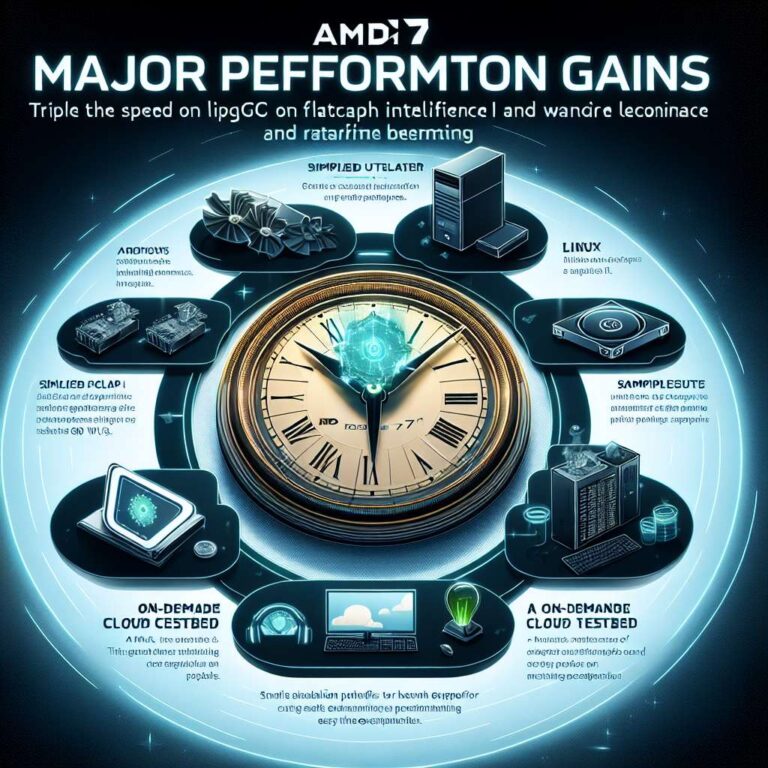AMD is poised to release ROCm 7 this August, introducing a robust upgrade to its open computing platform designed for high-performance computing, machine learning, and scientific workloads. This forthcoming release extends support to a broad array of hardware, spanning from consumer-level Ryzen AI-equipped laptops to Radeon AI Pro desktop cards and server-class Instinct GPUs. Reflecting a strategic push for cross-platform adoption, ROCm 7 will soon be natively integrated into both Linux and Windows ecosystems, enabling a simplified installation experience that reduces setup to just a few clicks, targeted for rollout before the end of 2025.
One of the most notable changes with ROCm 7 is its updated delivery cadence. Abandoning traditional infrequent releases, AMD will now provide developers with day-zero hotfixes and major updates every two weeks, each bundled with fresh features and performance enhancements. Complementing this rapid release model, AMD plans to debut a dedicated Dev Cloud, which will allow developers and researchers instant access to the latest AMD hardware, expediting experimentation and adoption across rapidly evolving machine learning disciplines.
Preliminary benchmarks underscore ROCm 7´s potential impact. In particular, testing on the Instinct MI300X GPU demonstrated a performance leap to roughly triple the speed compared to ROCm 6, a testament to ongoing software refinement. According to AMD´s Andrej Zdravkovic, the evolution of ROCm´s open-source framework, coupled with utility tools like HIPIFY for translating CUDA-based code, will further streamline transitions for developers migrating from proprietary platforms. If its ambitious integration, frequent updates, and measurable speed improvements persist, ROCm 7 could offer a genuine challenge to dominant Artificial Intelligence software providers and finally harness the full capabilities of AMD´s expanding portfolio, signaling intensifying competition with NVIDIA across the hardware spectrum.

